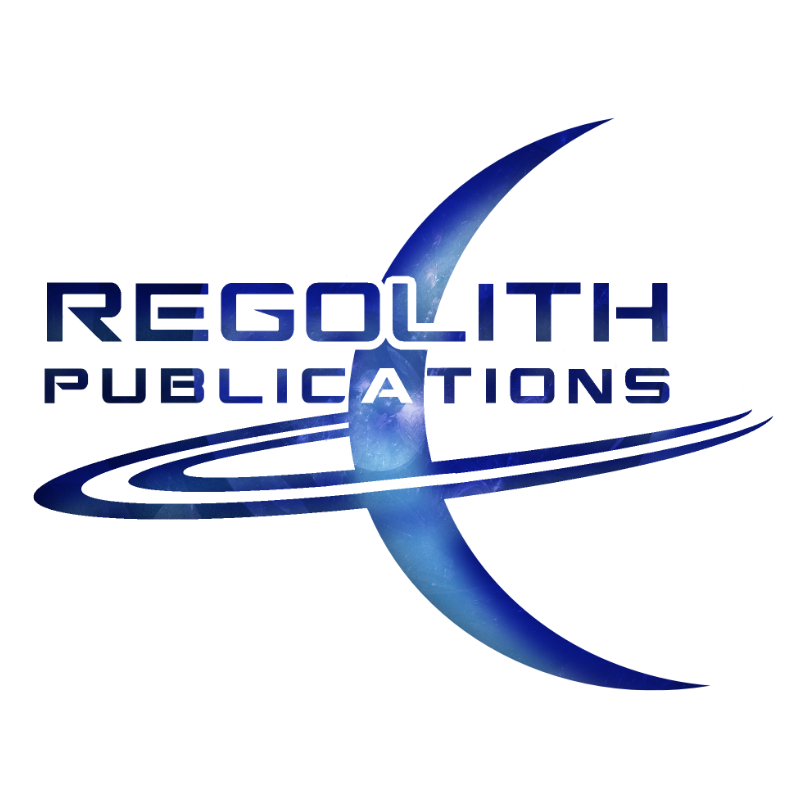|
TIP #1:
Learn some science. Read a few popular science books. Look, nobody is asking you to be the next Isaac Asimov and be a college professor in the field or be like Arthur C. Clarke and design the first geostationary (GPS) satellite for NASA in order to write decent Sci-Fi. Just, for the love of God, read a science or physics book from time to time. So many TERRIBLE Sci-Fi writers out there. Books with no real science in their stories but with tons of "sciency-pop" ideas that don't rely on any actual science isn't science fiction. It's just painful. And the science they have isn't even speculative or realistic either. One example: Let's build a device to weaken the Higgs field to create faster than light travel. *FACE-PALM* That's not how the Higgs field works because the Higgs field is a particle. It's a zero spin particle that rapidly decays into other particles over a gauge invariance. Yes, I know what that means because I've read like 20 books on the subject of the Higgs Boson and LHC at Cern. I'm no expert. I would never pretend to be. All I'm saying is, know what you're talking about if you're going to invoke the theories and their consequences in your fiction work. BAD SCIENCE IS JUST BAD. IGNORANT. PAINFUL. I give credit for the imagination. And I'm not saying make all your work HARD SCI-FI (hey, sometimes even hard sci-fi utilized unobtanium and dysprosium where necessary; think dilithium crystals, vibranium/adamantium, etc.) but please, just make sure your ideas don't counteract the thing you're trying to incorporate into your story due to your own lack of knowledge. Take some time, research it first. I mean, there's a reason there's a difference between science fiction and fantasy. If I wanted to read fantasy, I'd read fantasy. My books use concepts like negative mass fluid and space-time crystals for information preservation past heat death to communicate to potential future alien races in a multiverse and faster than light travel based on dark energy extraction and I may calculate actual speeds and distances for FTL travel, things that are at least conceptually backed by current scientific theories and are rooted in real science. What I don't do is use scientific terms because they sound cool and then ignore what they actually are referring to (hence the term *handwavium*). But that seems like 90% of the sci-fi I read these days. We can do better, people. That's all I ask. Just do some basic research and read a science book now and again. Sorry. Rant Over. Next time, in Tip #2, we'll discuss how to create the names of aliens and alien worlds that sound natural, feasible, and if they arose from natural linguistic development rather than implausible and impossible to pronounce. TRISTAN VICK is the multi-genre author of numerous popular fiction series. His latest series, The Chronicles of Jegra: Gladiatrix of the Galaxy is a action/adventure space opera with elements of fantasy which includes humor, space battles, galactic conquest, sex, and lots of zany characters and situations.
1 Comment
|
Tristan VickBy day I am an educator and a cultural ambassador. By night I entertain notions of being a literary master. In reality I am just a family man and ordinary guy who works hard and loves writing just about as much as I love my family. Just about. AVAILABLE NOWNEWSLETTER
|
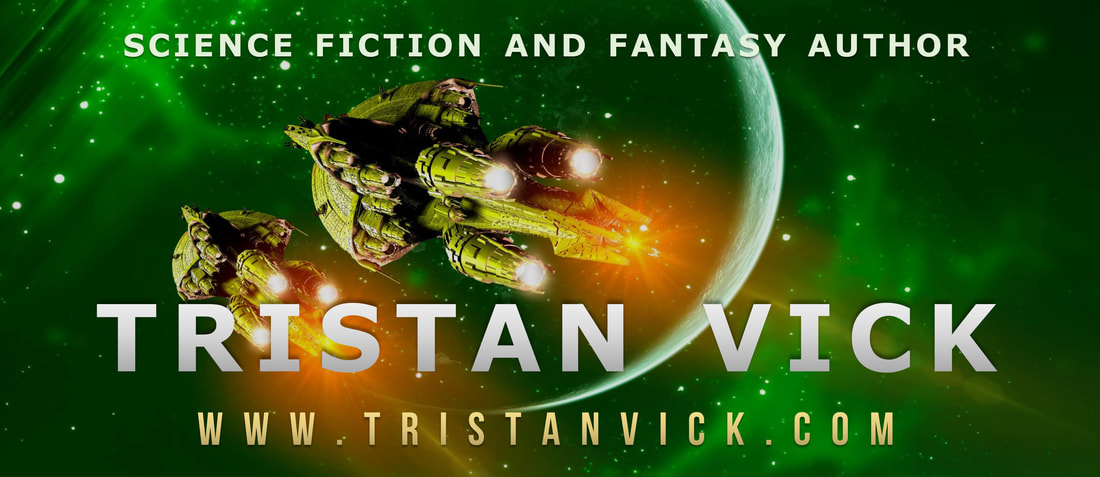

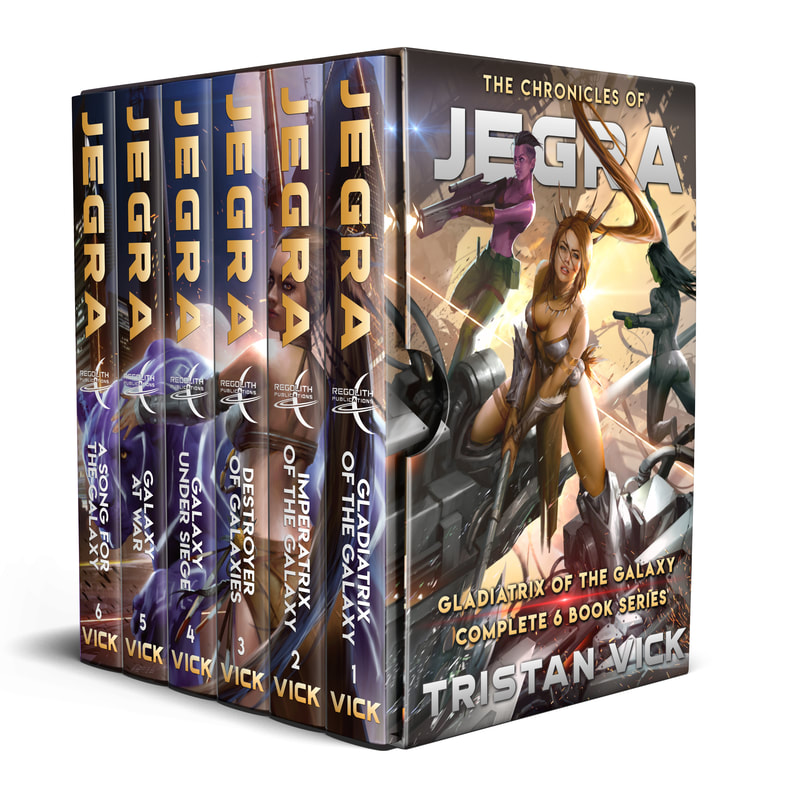
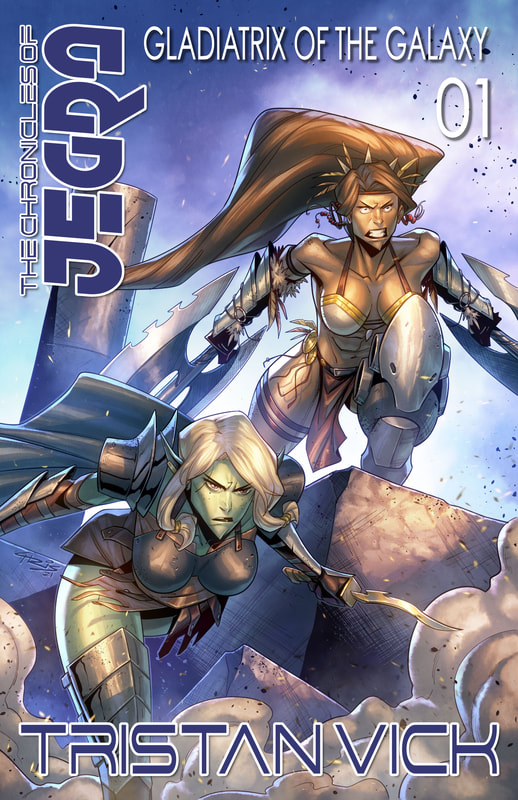
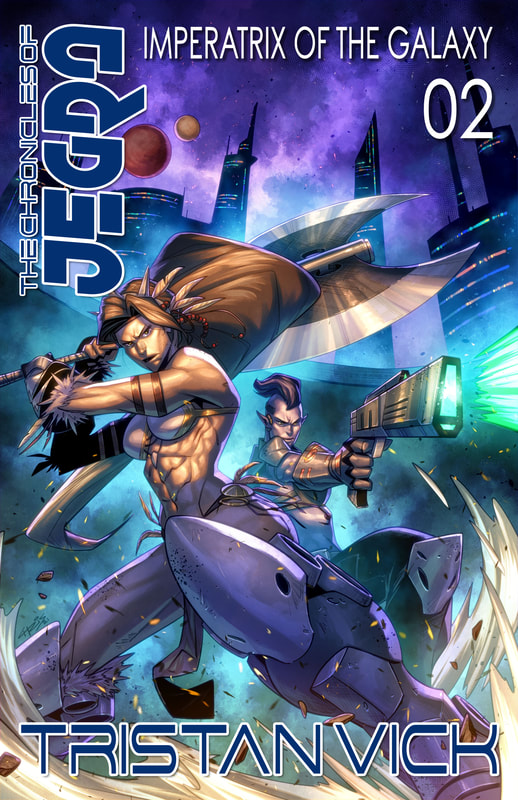
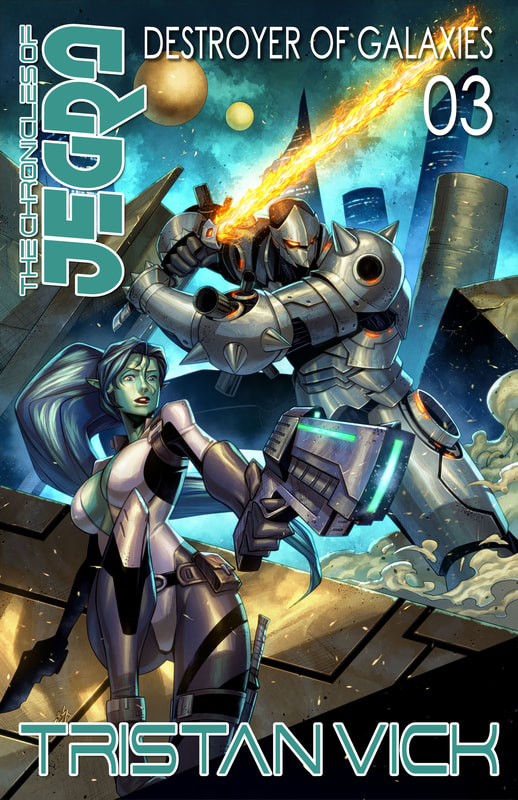
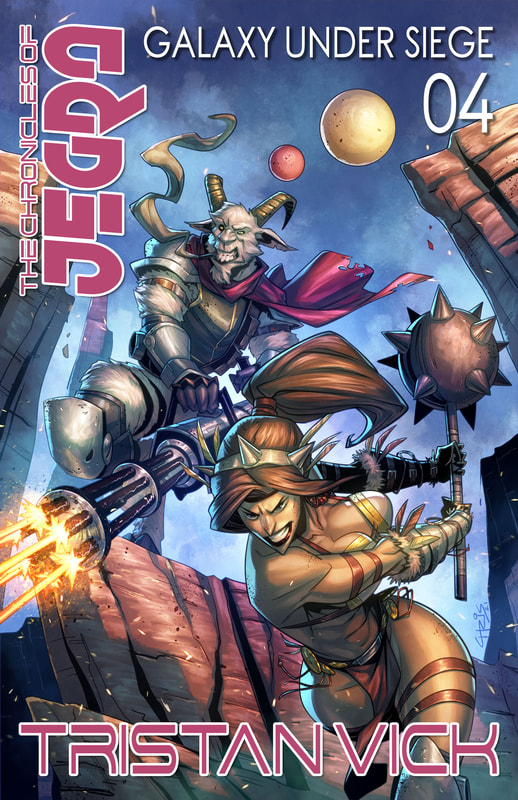
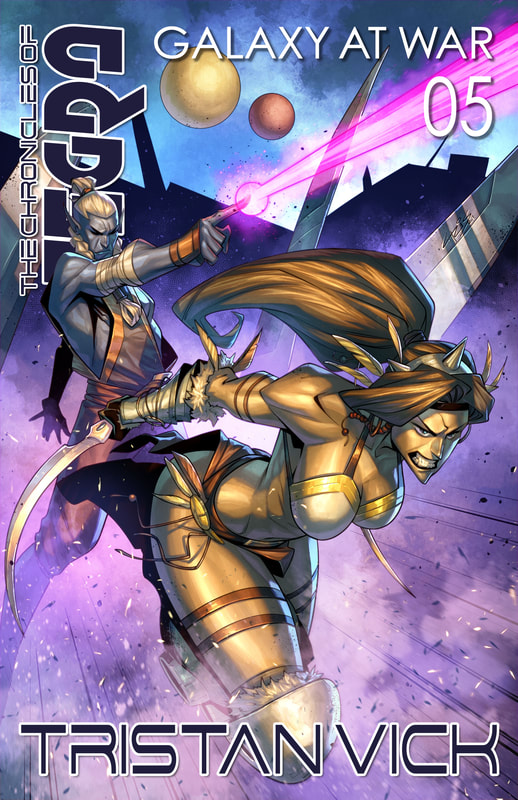
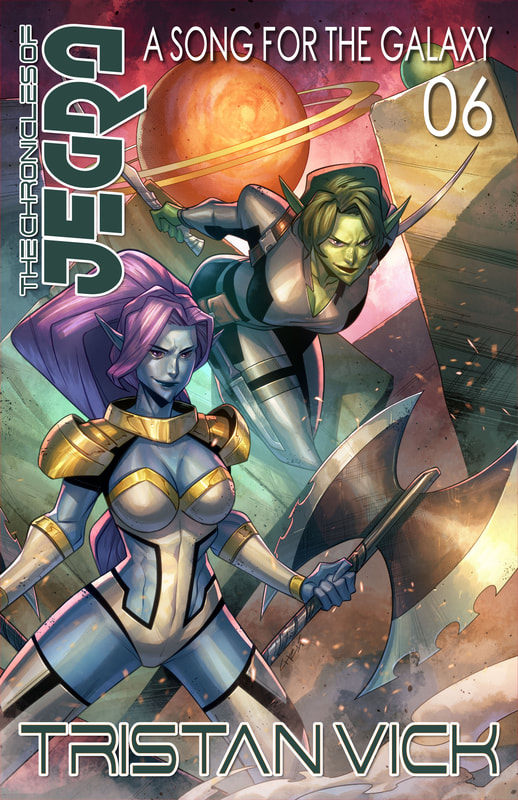
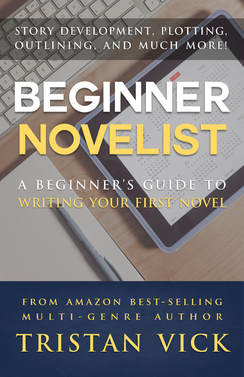
 RSS Feed
RSS Feed
